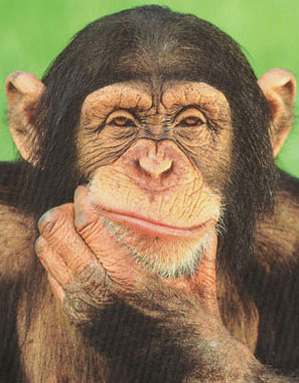 I believe that one of the most important qualifications for a successful trader is “POISE”, which to me is defined as stability, a well balanced person with dignity of manner – as it relates to the stock market.
I believe that one of the most important qualifications for a successful trader is “POISE”, which to me is defined as stability, a well balanced person with dignity of manner – as it relates to the stock market.
A poised person is a person who can handle their hopes and their fears in a calm manner.
The other qualification is “PATIENCE” to wait for the opportune time, when as many factors as possible are positioned in the traders favor.
Poise and patience are the close friends of successful traders.
The final qualification is “SILENT”. Keep your own silent counsel – keep your victories and your failures to yourself – learn from them both.
Poise, patience and silence are attributes that must be cultivated.
These virtues do not come automatically to the stock market trader.



 Self efficacy is built through four processes:
Self efficacy is built through four processes:

 Humans aren’t the only gamblers in the animal kingdom.
Humans aren’t the only gamblers in the animal kingdom.